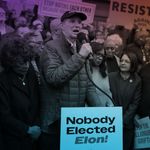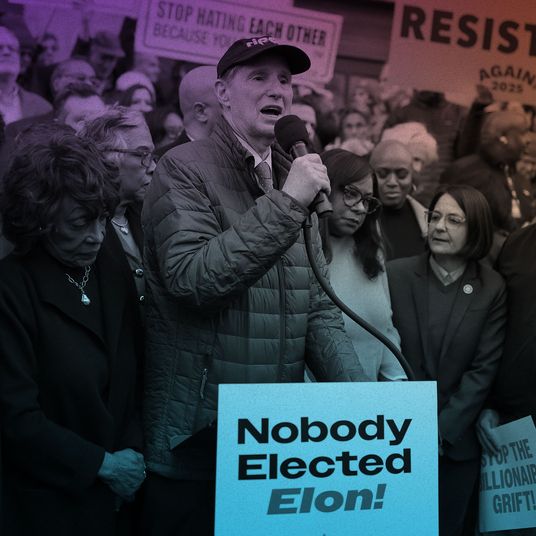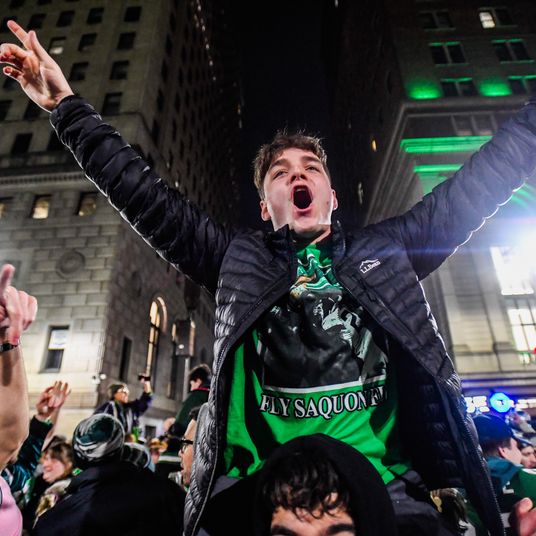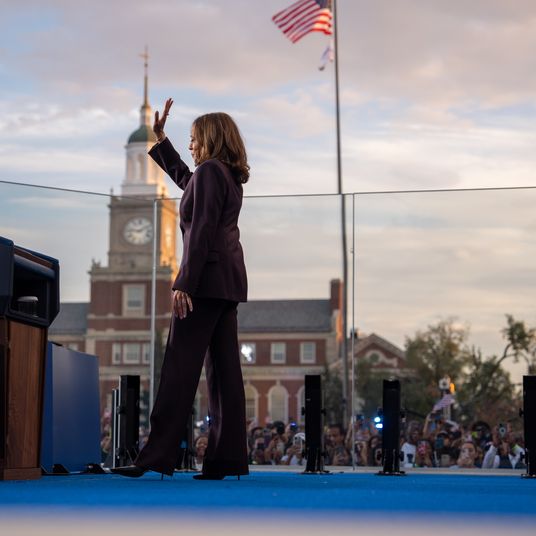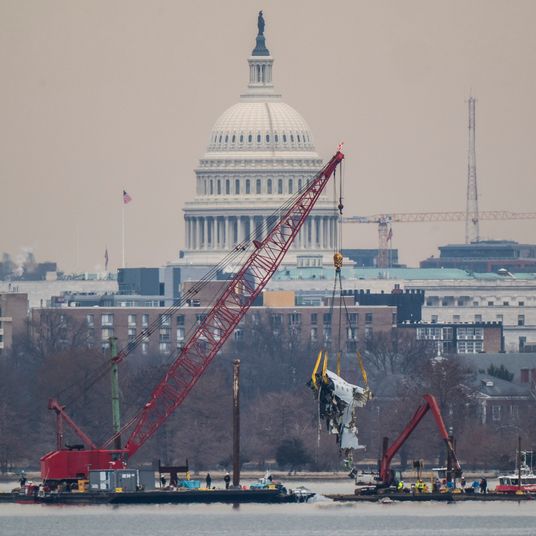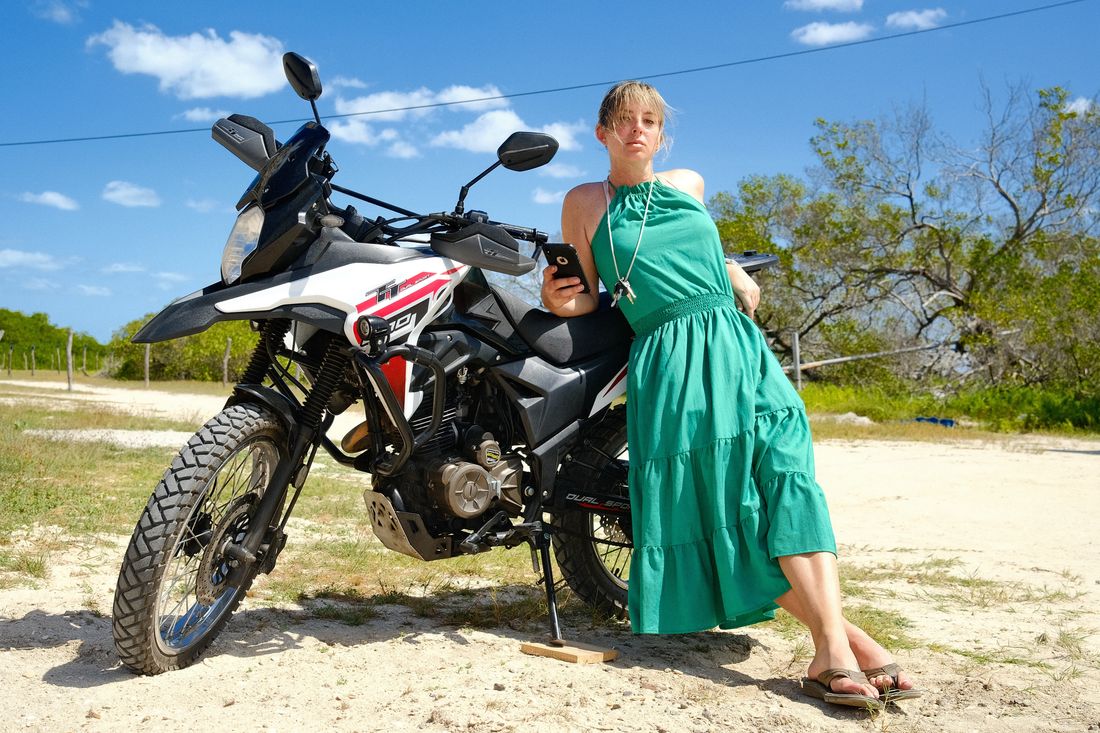
During the pandemic, I bought an apartment in Colombia. Since then, I’ve been spending winter and spring there, working toward my Colombian residency, building a potential escape from the U.S. that I hope I will never need. I don’t have any previous ties to Colombia, no clear reason to choose this country, except that I feel weirdly at home; it feels like visiting America’s distant future, a beautiful country torn apart by a century of failed politics. In Colombia now is the peace after our coming civil war.
To avoid the news at the start of the second Trump administration, I decided to ride a small motorcycle east along the Caribbean coast to La Guajira, a desert on the border of Venezuela. I was scared to do it — people kept telling me I shouldn’t ride alone as a woman there: Robberies were frequent on the road past Riohacha. At a gas station, I waited until a convoy of trucks came by and I merged my motorcycle to ride the desert road among them, à la Mad Max. No one tried to rob me — because of the trucks or perhaps because the road is not so dangerous after all.
In Mayapo, I met a group of kite-surfers, a mix of Wayuu Indigenous people, Venezuelans, and French. They could really put on a show, launching themselves three or four stories above the waves. Even far from the beach, over the metal roofs of the squat buildings between the road and the shore, I’d glimpse the parabola that their bodies sketched across the horizon.
On my fourth morning in Mayapo, I woke up and left without announcing my departure. That afternoon I got a text from one of the French women asking why I hadn’t said good-bye. I didn’t respond because I was driving. Then came a second text in which she asked, seemingly only half-joking, if I was CIA. I didn’t get it until I saw the news: Gustavo Petro, the Colombian president, had denied landing permission to two American military planes filled with shackled Colombian migrants rounded up in the first days of the new Trump regime. In retaliation, Trump had declared exorbitant tariffs on the country and instituted a travel ban and visa freeze for Colombians. The timing of my departure had raised suspicions among the surfers. Strange that an American with no particular reason to be in Colombia should hurry off right before a major diplomatic incident.
For the record: I’m not CIA, just trans. I left because I got tired of hanging around with cis straight people, tired of hearing the surfers call each other “faggot” while I got texts from friends about how Trump had signed an executive order that would deny trans people our passports. (In the coming days, more texts would follow: how he had effectively outlawed youth trans care; how his order named trans-affirming surgeries as “mutilations”; how we had been de facto banned from federal bathrooms.) I’d been stopped by police many times along the road to La Guajira; it was dotted with checkpoints. At the beach, I thought about how many times I’d shown them my passport — marked for ten years with an F — which will be taken away from me when I renew it next year. I thought about what it’ll be like to travel that same stretch with an M beside my feminine name. Meanwhile, all around me, the Venezuelan guys called each other maricón and laughed.
But then it’s not like I could complain. Why were those guys in Colombia anyway? Because my country had fucked up theirs, so they had crossed the border to work as instructors and carpenters at French-owned kite-surfing camps. And then I show up to decree which words they can use with each other? No, better to just leave.
That’s been the funny thing about my position: Even French people could think I am CIA. To have been these past few years a white American trans woman with some money and renown was to have been a member of an oppressed class — but only sort of. In Mayapo, my personal grievances were what? A future passport I won’t like and objections to the word faggot, which wasn’t even said to me?
Yet I am alienated. So alienated that it can feel better to be in another country inexplicably because it makes explicable my alienation from the culture around me. I can point and say, “Yes, that’s why I feel this way” and then get on with things. To feel so alienated in the culture of my birth suffocates differently.
On the dusty trip back west into where the Sierra Nevadas rise from the Caribbean, I again showed the police my passport at the checkpoints. They manned the roadblocks in pairs, lounging under tarps hung for shade; young and bored, their faces shiny with sweat.
I wonder whether they cared about the F on my passport, whether they will even notice when it becomes an M. When had I begun to care? Early in my transition, I had resigned myself to forever having an M on all government documents. That had been the way of things. I didn’t care for the government’s take on my gender, and the government didn’t care for mine. When I finally did get an F, I did it not because I wanted that gender marker so badly but because Hillary Clinton, during her stint as secretary of State, had made it so simple for me to do that it seemed irresponsible not to. It was only once I had that government-sanctioned F that the F became important to me. Somehow, I betrayed myself: Having approval from the government allowed me to believe in that approval, to find a sense of safety in it, so that now, when it is being taken away, the loss hurts and I am resentful and afraid. No wonder I pass for CIA: a true believer in my country’s say-so, eager for a hug from the State Department.
By the last police checkpoint, I began to consider whether anything taken from me so easily was ever mine in the first place. Whether one should pragmatically navigate bureaucratic documentation for reasons of safety but refuse to believe in it — whether denied or, especially, when granted. My state of being, or anyone else’s, isn’t really a question of what’s in the little blue book. It’s everything outside it: the nations and genders of birth that seek to follow wherever we go. I had planned an escape, but there is no escape — except for what we reject in our minds and create with one another.
Within 12 hours of my ride into Santa Marta, Petro had backed down to Trump. The detained migrants were sent back to Colombia. In the Colombian newspapers, some officials argued that Petro never had the right to deny migrants entry into their home country, even if they arrived on American military planes and in shackles. They were documented citizens of Colombia, after all. Some of them, I imagine, have passports.



